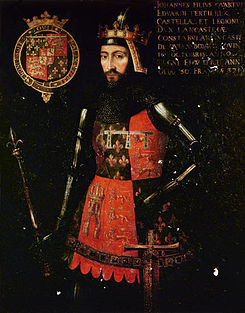A brief history of spectator sports

Le Mans 1955: Pierre Levegh lies near his crashed car that killed over 80 spectators /documentingreality.com
Most (but not all) of the sports which are super-popular with the public today were invented, improved and regulated in the independent private schools of Victorian Britain; that is to say, what in England are still called ‘the public schools’, as opposed to state ones. The most popular of all – Soccer – was being played in early medieval England, and has always been an almost entirely working-class game. (more…)






